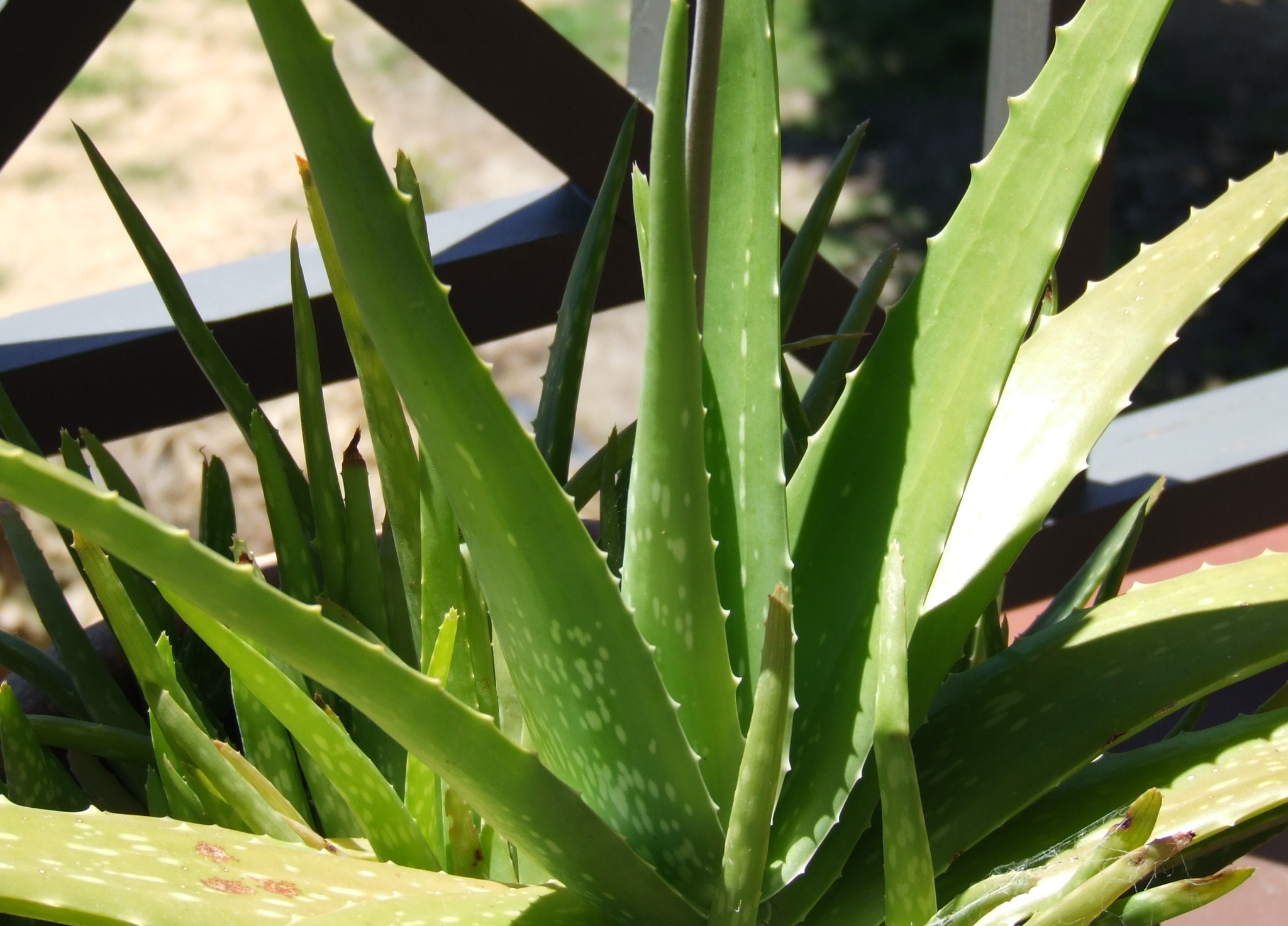There are any number of things found in and around the home that are be harmful and even life threatening to you cat. You may not know what the cat has ingested to know how sevear the problem will be. If you notice any of the symptoms that may be listed below, see your vet immediately. It is better to act on the side of caution than not at all.



TOP LEFT: Poinsettias
TOP RIGHT: Mistletoe
LEFT: Holly
At Christmas time, keep holly, mistletoe, and poinsettias out of reach as they can cause your pet severe stomach upset. Tinsel off the Christmas tree isn't toxic, but if ingested, intestinal obstruction and choking are potential problems. It is a good idea not to use tinsel around your cat.
Moth balls can be a problem because when ingested and metabolized, can lead to liver failure. Symptoms of poisoning by moth balls include vomiting and seizures.
Be aware that string-like items such as dental floss or yarn can also be dangerous and cause death if ingested. It may be wise to invest in covered trash cans for all rooms where pets may wander, and keep your knitting or crocheting projects in a closed bag.
If you cat should ingest antifreeze, kidney problems usually show up one to three days later. Urine output may initially increase but then decreases until urine is not produced at all.
Plug in air fresheners are also a "no-no". Plastic wrapper or plastic bags, rubber bands, and Easter grass are all very dangerous to a cat and can cause you a VERY BIG vet bill or even cost your cat its life.

 TOP: Begonias
TOP: Begonias
MIDDLE: Philodendron
BOTTOM: Aloe Vera

It will be necessary to consult your vet if you cat has ingested any toxic plants such as aloe-vera, begonia, mother-in-law tongue, philodendron, geranium, Easter lily, the green on a potato and many others. Cats experiencing nervous system disorders ingesting toxins are in serious trouble. Your cat will need to be taken for medical care immediately.
Keep your cat away for all outside cats because they can become carriers who spread viruses. The more outside cats your cat has contact with, the more likely one of these common deadly diseases will shorten his life.
Do not tie a cat out on a leash or leave her unsupervised, even for a few minutes. If you live in a small apartment or have multiple cats, this becomes an even bigger incentive! If your cat becomes destructive or non-house trained, consult your veterinarian or animal behaviorist to find ways to solve the problem. These symptoms can also be attributed to boredom and loneliness.
Remember that your cat is very curious and is always learning just as a child is. Make an inspection of your home and make it as safe for your pet as you would for a child.
NOTE: This article is for information only. See your veterinarian for medical advice.
| We plan to post articles that are informative and helpful to other cat lovers. Having been "owned" by cat for years, we know they can be demanding, but also be very entertaining and fun. Please visit our site today for a wide array of products that will make "His Majesty" very happy - http://www.besthousecatcare.com or our blog for more information - http://www.besthousecatcare.blogspot.com
|

No comments:
Post a Comment